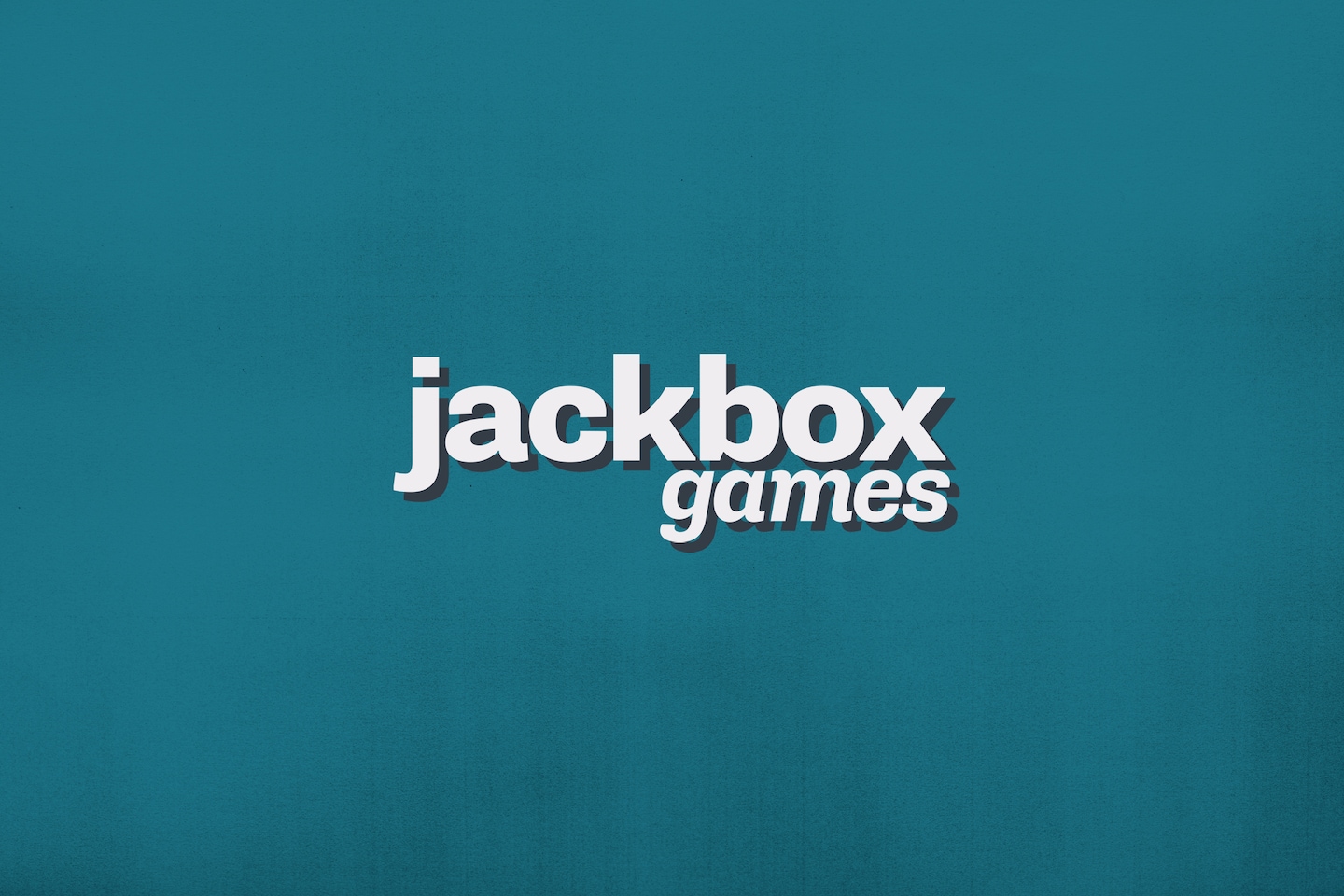Playing remotely: The massive success of Jackbox Games during the pandemic

The 2020 Game Developers Conference, which hosted its talks entirely online for the first time, shed light on how developers are coping amid the pandemic. A number of panels and roundtable discussions covered the struggles of working from home, many dealing with the same logistical struggles as other companies, like video conferencing and team communication. Some companies had to completely reframe their games. Covid-19 forced Niantic to rethink “Pokémon Go” — a game that normally requires players to go outside and catch Pokémon with on their phone camera — so it could be playable indoors.
But indie studio Jackbox Games had an especially interesting story to tell: How to handle a surge in players that took Jackbox’s assortment of party games from 100 million total users in 2019 to 110 million between the months of March and June 2020 alone. Daily traffic surged, rivaling their busiest days of the year, like Christmas and New Year’s, when users tend to play Jackbox games during family gatherings.
“We can certainly anticipate a few big holiday weekends each year and we can prepare infrastructure for that increased traffic,” said Jackbox CEO Mike Bilder in a presentation alongside marketing director Brooke Hofer. “But what we didn’t anticipate was daily traffic that was going to be at that level.”
With this huge wave of popularity came new hurdles. Jackbox Games, a small, 45-employee studio, creates games designed for in-person groups around a single TV or monitor, such as the popular Party Pack bundles that include titles like “Quiplash,” a game where players come up with witty responses to prompts, and “Drawful,” a Pictionary-like game. During the pandemic, these titles drew massive numbers of people playing remotely through video conferencing and messaging applications like Zoom and Discord. Since that wasn’t the intended experience of the game makers, Jackbox had to pivot quickly to accommodate this new type of audience. And a large one at that.
Multiple server outages stressed their multiplayer games, as well as their official website. At one point, Jackbox had to seek a new hosting service for its site because it was crashing from the increase in visitors.
“We had people hack our store, we ran out of Steam code inventory, we had to rewrite all of our store copy to better speak to a new audience,” Hofer said. “It was an intense experience, to say the least.”
Bilder says the team spent “many days and weeks” fixing bugs and stabilizing infrastructure across their games. “Thankfully, we were able to minimize downtime,” he said. “But it was a bit of a trying time for everybody.”
Jackbox Games also encountered audiences they didn’t originally account for, at least not in such large numbers. Streamers, families, international users and remote players appeared in droves. This led Jackbox to put together a guide on their website about how to play remotely, as well as quickly develop new features for streamers like extended timers for quiz-based games to help solve lag issues. It also prompted the release of “Quiplash 2 InterLASHional” on Steam, which introduced French, Italian, German and Spanish versions of the game.
A sudden shift to working from home was another unexpected challenge. This plan was put in place in the span of a few days, Hofer said, around March as quarantine began for much of the United States.
“Even before covid, we’ve started to prepare for more people working remotely,” Hofer said. “This felt like a challenge that we were somewhat equipped for.”
Jackbox Games isn’t alone: in a study conducted by the Game Developers Conference, which surveyed 2,426 industry members (56 percent of respondents were American), 97 percent of respondents were working from home during the pandemic. To break that down further, 70 percent switched to working remotely because of the pandemic, while 27 percent had already been working from home beforehand. The findings also cited that 42 percent said games they were developing had been delayed as a result of covid-19.
Remote work has introduced unique obstacles for the industry. In a GDC roundtable discussion with 50-plus game developers, hosted by Canadian game development company Hyper Hippo, one developer spoke about how their visual FX studio struggled with communication while working from home. Her workplace’s solution was to keep direct team members on all-day conference calls with their microphones muted, so that they can easily nudge one another if the need arises.
Production-wise, the video games industry is facing uncertainty with the threat of future delays in a monumental year with the next generation of consoles from Sony and Microsoft this holiday season. Yet, big companies are reaping benefits: Activision Blizzard, for example, netted a 38-percent revenue increase to $1.9 billion in Q2 2020.
At Jackbox Games, production is on track, with the team hard at work on Jackbox Party Pack 7, which is due out this fall. But the big question remains: How does the small company sustain its mega success, and can it grow further? One method they’ll pursue is shifting its digital ad strategy by adding advertisements on TV and streaming services like Hulu, YouTube and Twitch.
“We’re shifting our focus to speak to people that maybe have never heard of us or have only heard of us in passing,” Hofer said, noting the goal is to make their games as accessible as possible.
“It’s a very trying time for most people,” Bilder said. “We’re very happy that folks can find some much needed laughter and some social interaction with our games.”
Read more:






